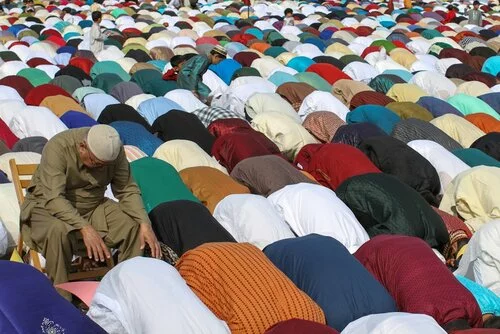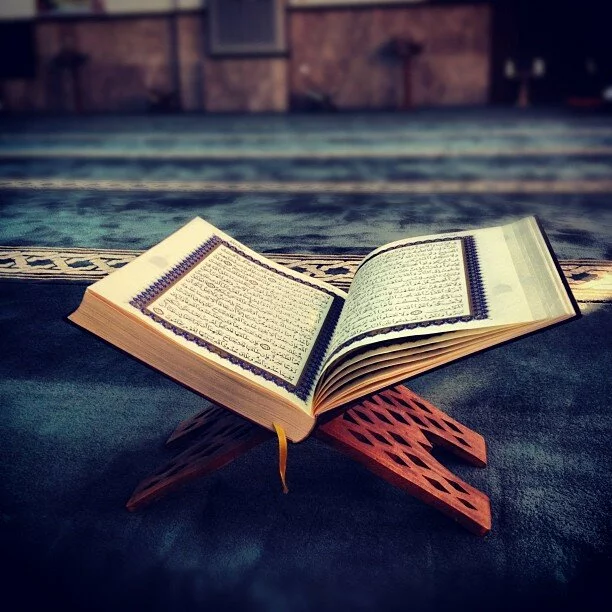
Have you ever repented on your poor behavior with anyone? Have you ever wanted to control your anger? Have you ever wished to gain patience to avoid this anger? If yes, Ramadan comes as a perfect solution for you. Ramadan is the ninth month of the lunar calendar and the whole year for Muslims revolves around this one month.
Fasting in Ramadan is obligatory for Muslims, but this fasting is not meant to test them physically, but it is meant to prepare them for the mercy, blessings and forgiveness which form the essence of this month. To understand this you must be aware of the basic rules and regulations of a fast. This short essay will brief you about these rules and it will present an overview of how to use this Holy month for acquiring patience and tolerance.
Let us first understand what patience is, essentially. Shams Tabrezi, a famous Muslim scholar, defines patience as follows:
“Patience is not sitting and waiting, it is foreseeing. It is looking at the thorn and seeing the rose, looking at the night and seeing the day. Lovers are patient and know that the moon needs time to become full.”
This is what a Muslim exactly does in fast, it’s not that he cannot feel material instincts; it’s just that he is waiting for the dusk.
Allah says in the Holy Quran
“Fasting has been prescribed upon you as it was prescribed on nations before you so that you may learn self-restraint”.
In the light of this verse it can be concluded that the sole purpose of fasting is to make an individual learn self-restraint. The fundamental rules of fasting in this month are meant to extend the control if human mind over human instincts like food, hunger, sex, anger and frustration. Abstinence from all these things creates an individual who spreads love and tolerance at all times, and practices self-restraint to prevent anger or material desires to overtake his intent.
While fasting, a Muslim has to wait from dawn to dusk to eat or drink anything. He bears this hardship patiently just to acquire the love, mercy, forgiveness and blessings of Almighty Allah. He refrains from abusing or insulting anyone no matter how much angry he is. At times, he bears the misconduct of others but does not use his hand or tongue to act against it since Allah has not allowed this in fasting. He looks for divine justice or forgives the other person, but never commits any wrongdoing since he has to obey the commandments of Allah. All these things actually make him learn patience and tolerance. Not only, he learns them but also applies them during a fast. In everyday life, a man is likely to lose his temper occasionally. However, during fasting since he has to abide by the rules and regulations of the fast so he holds his temper
Thus, it can safely be concluded that Ramadan provides individuals with an ideal opportunity to learn and practice tolerance and patience.






